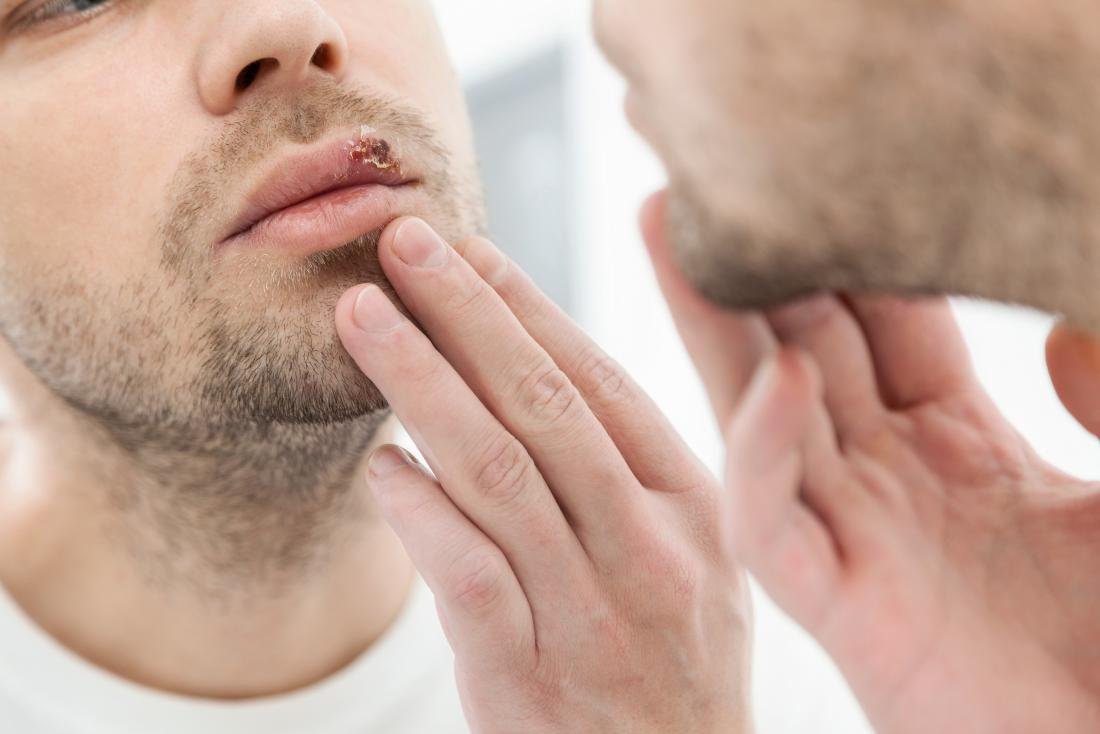
Herpes Treatment Options in 2026: Managing Symptoms and Outbreaks
Living with herpes can be emotionally and physically challenging, especially with the amount of conflicting information available online. As we move into 2026, interest around

Herpes is a common viral infection that affects millions of people worldwide. It is caused by the herpes simplex virus (HSV) and can cause painful sores and blisters. Understanding the symptoms, available treatments, and management strategies is essential for living with this condition. Here’s everything you need to know about herpes.
Herpes symptoms can vary depending on whether you have oral or genital herpes. Oral herpes (HSV-1) usually causes cold sores or fever blisters around the mouth. Genital herpes (HSV-2) typically affects the genital area but can also appear in other parts of the body.
Common symptoms include:
The first outbreak is often the most severe, with subsequent outbreaks being milder and less frequent over time.
While there is currently no cure for herpes, several treatments can help manage the symptoms and reduce the frequency of outbreaks. Antiviral medications are the most effective herpes treatment. These medications can be taken orally or applied as a cream.
Common antiviral medications include:
These medications help to speed up the healing process, reduce the severity of symptoms, and decrease the frequency of outbreaks. They are especially effective when taken at the first sign of an outbreak.
In addition to medication, there are several strategies to manage herpes outbreaks and reduce their impact on your life. These include:
Currently, there is no cure for herpes. However, researchers are continuously working on finding a permanent cure for herpes. Advances in medical research and treatments give hope that one day there might be a complete herpes cure. Until then, managing the condition with antiviral medications and lifestyle changes is the best approach.
Understanding herpes and knowing how to manage it effectively can significantly improve your quality of life. While there is no cure for herpes, antiviral medications and good hygiene practices can help control the symptoms and reduce the frequency of outbreaks. If you have questions about herpes or need professional advice, visit Herpes Solution. Our experts are dedicated to providing you with the latest information and treatments for herpes cure and management.
You might also be interested…

Living with herpes can be emotionally and physically challenging, especially with the amount of conflicting information available online. As we move into 2026, interest around

Living with herpes can be emotionally and physically challenging, especially with the amount of conflicting information available online. As we move into 2026, interest around

Living with herpes can be emotionally and physically challenging, especially with the amount of conflicting information available online. As we move into 2026, interest around